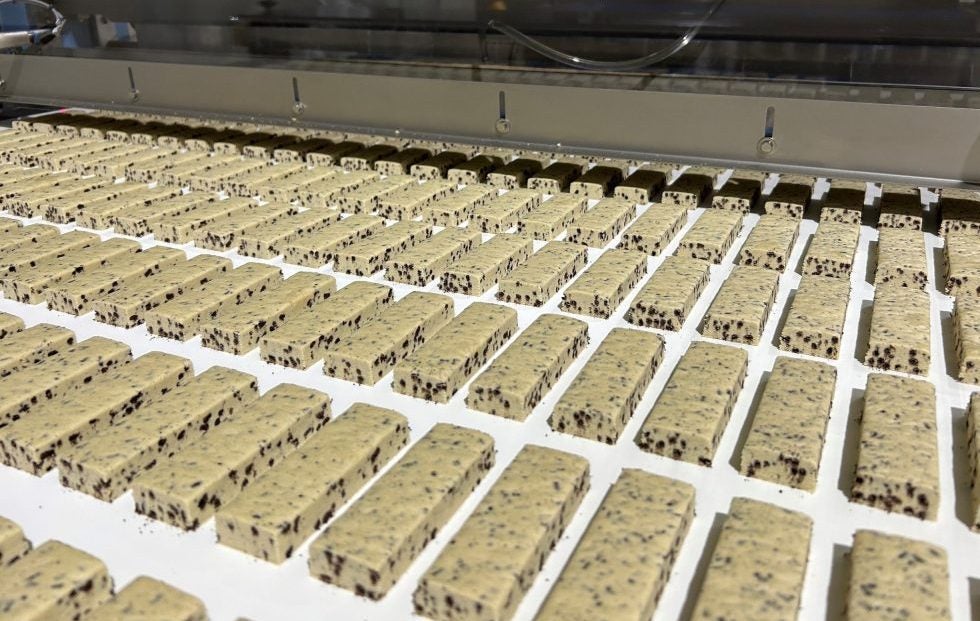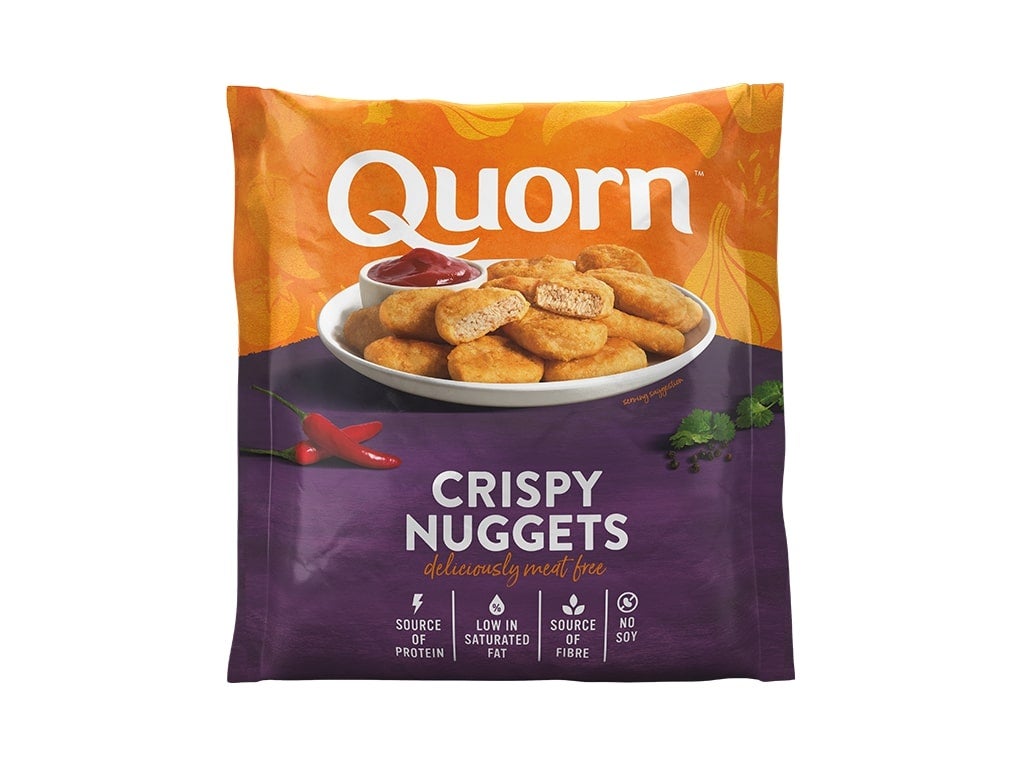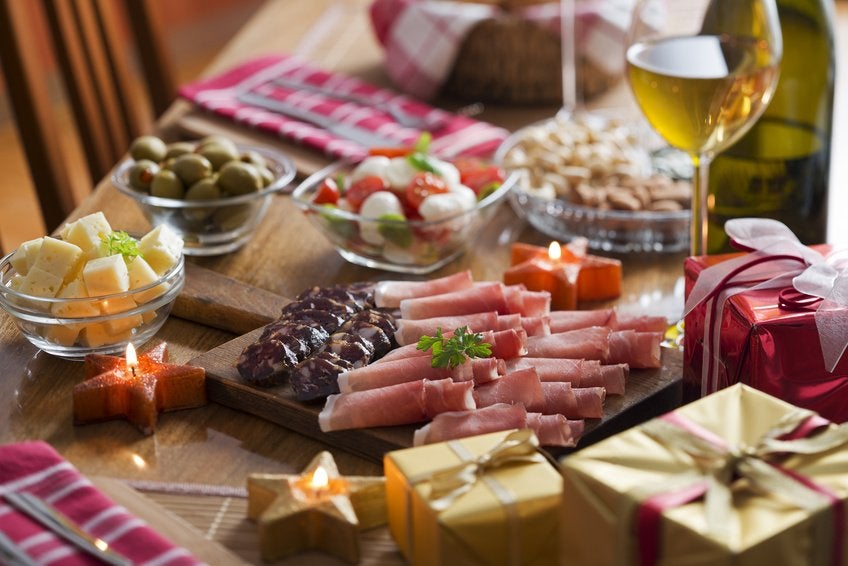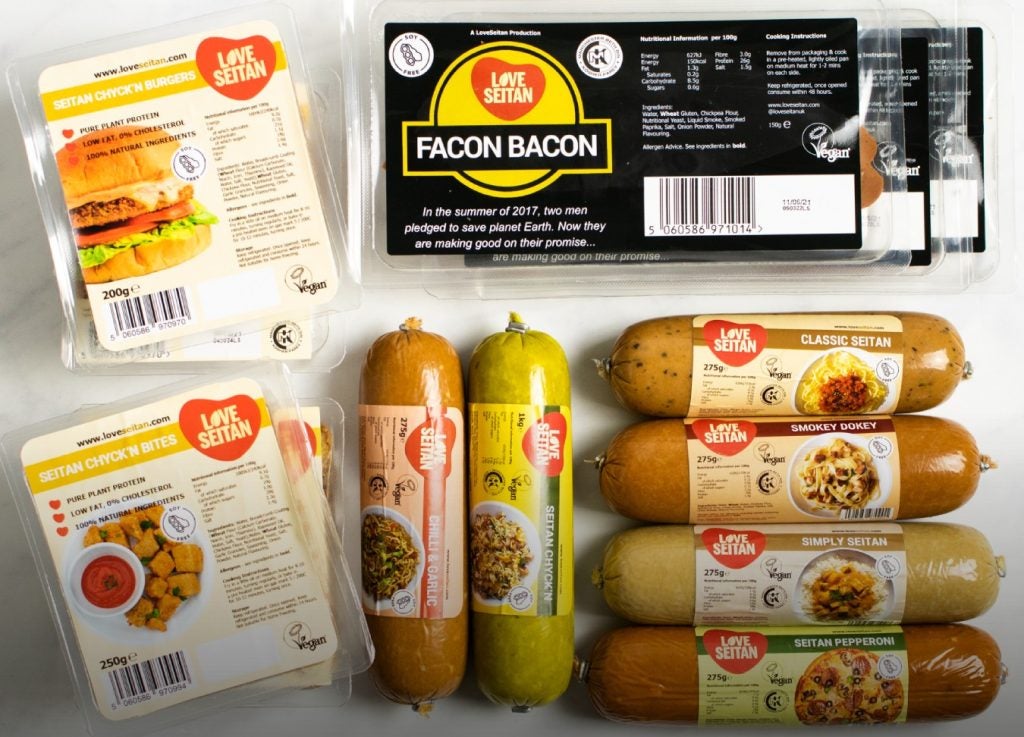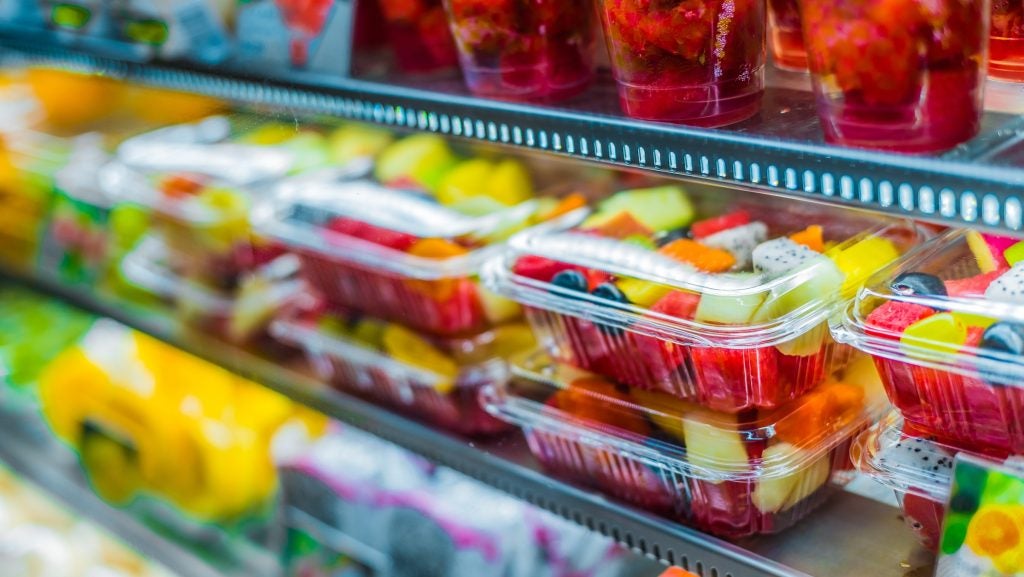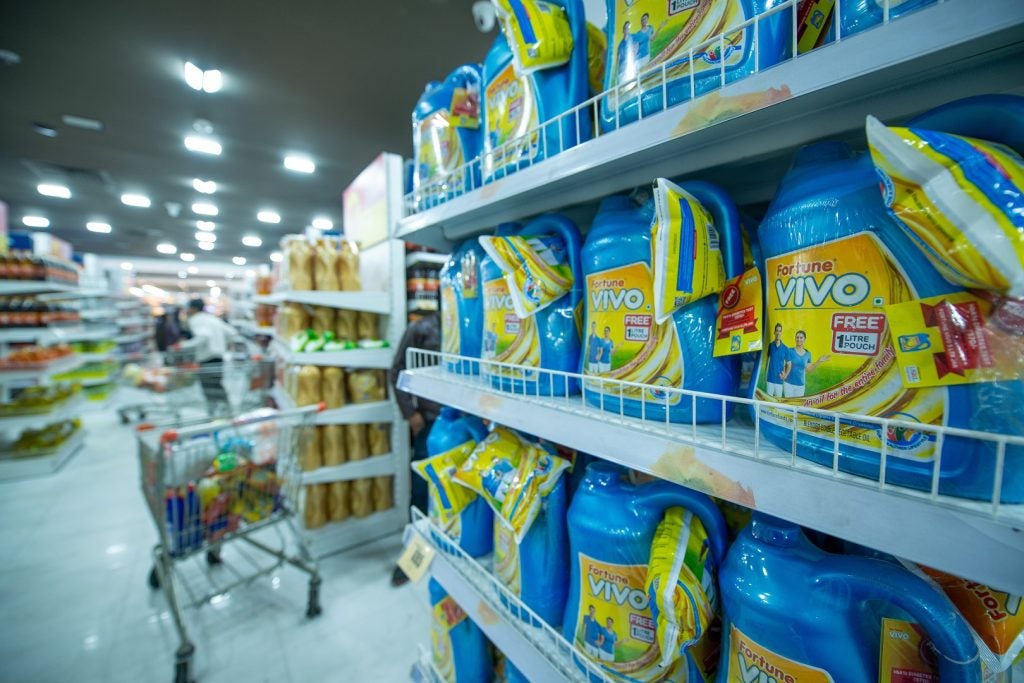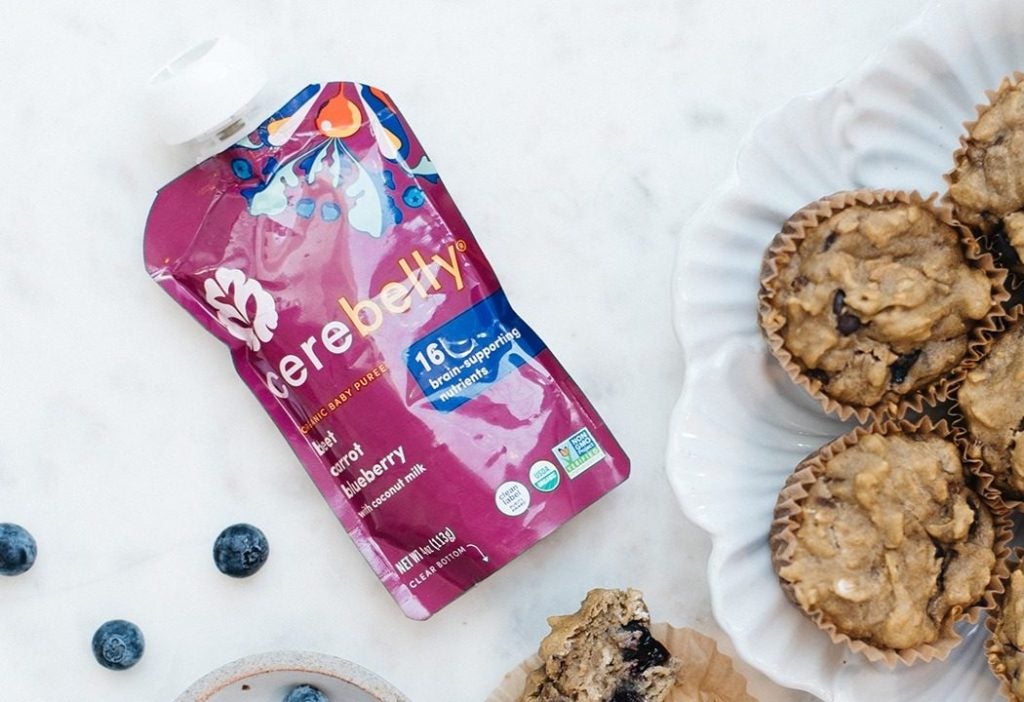Ferndale Foods Australia is investing A$20m ($13.1m) in a new manufacturing facility to meet the growing demand for better-for-you bars and snacks.
Once operational, the FoodLine Australia facility, in Ballarat, Victoria, will have the capacity to manufacture 180 million bars annually, Ferndale Foods Australia said.
It will offer co-manufacturing to existing customers while also creating its own better-for-you product lines, employing up to 30 people over the next 18 months. Production is expected to start next month.
Ferndale Foods Australia supplies retailers including Woolworths, Coles and Aldi with 40% of its business being in branded products and 25% in private label.
The family-run business is hoping to take advantage of a growing market for healthier bars and snacks in the country. It points to Coles’ strategy of “health in every aisle”, as an indication of a growth trend.
CEO Leigh Edward said: “Through extensive research and consultation with our major customers and leading brand owners, we have identified a significant gap in the industry – a comprehensive, state-of-the-art manufacturing hub capable of producing a diverse range of bars, including protein, muesli, low-sugar, sugar-free, gluten-free, and high-fibre options.
“Similar to marshmallows, we recognised the existing demand for better-for-you products. We can optimise production, storage, and shipping processes for larger customers, providing them with unparalleled convenience and cost savings.”
Established in 1995, Ferndale Foods Australia is known for its low-sugar products. It
manufactures confectionery brands, including Jila Mints and Jols Pastilles, under its Ferndale Confectionery arm and marshmallows through its its So Soft Marshmallow Co.
The company, which also exports products to Japan, South Korea, New Zealand and the US, has annual sales of around A$25m but is predicting the new site will increase sales to A$40m within 12 months and A$50m within 18 months.
Ferndale Foods Australia told Just Food staff numbers are expected to grow from 65 to more than 100 by mid-2024 when its new better-for-you brands are launched.


